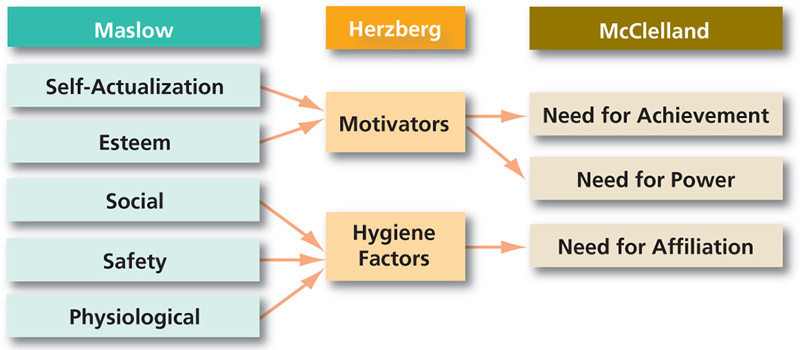
” That’s what feedback does: it enables you to look at situations and yourself differently, it unlocks self-reflection and growth, and opens the gate to change.”
Our textbook defines feedback as a degree that carrying out work activities generates direct and clear information about the employee’s performance 2. It is also a factor that positively correlated with job satisfaction. In other words, lack of feedback on performance can cause a job dissatisfaction.
I never actually think about the effect of feedback, however, recently I realized the importance of it. I was working on a Fantasy project with my group for this course and I could not stop thinking that I am dragging down the group’s productivity and performance due to lack of my fluency in English. So I spoke up honestly about it to my group members during the in-class feedback exercise time and was able to get feedbacks from them. They told me that I was in charge of something that no one really wants to do in the group and my role as a designer is essential to the team.
I found out that the feelings I felt from the feedback exercise agree with the reasons stated in the article that I read explaining why feedback is important. After getting feedbacks from my group members, I felt more belonging and was able to get a sense of purpose as a group member 2. Positive feedbacks from them also prevented me from being stuck and just discouraged and negative feedbacks helped me to reflect myself as a group member.
Generally, it is really hard to notice and evaluate our own performance without feedback from others. Feedback is helpful because we do not need to waste extra time to evaluate our own performance. Therefore, I would say feedback itself is very important not only because it is beneficial to the employment relationship, but also helps us in many different real-life situations like group work situation. I believe everyone should actively looking for or never hesitate to exchange feedback in order to enhance their performances.
References
- Naumann, Karen. “5 Reasons Why Feedback Is Important”. The Huffington Post. Aug.12, 2015, http://www.huffingtonpost.com/karen-naumann/5-reasons-why-feedback-is_b_8728332.html.
- Langton, Robbins, Judge, Organizational Behaviour, 7th edition, p. 95, 179.
